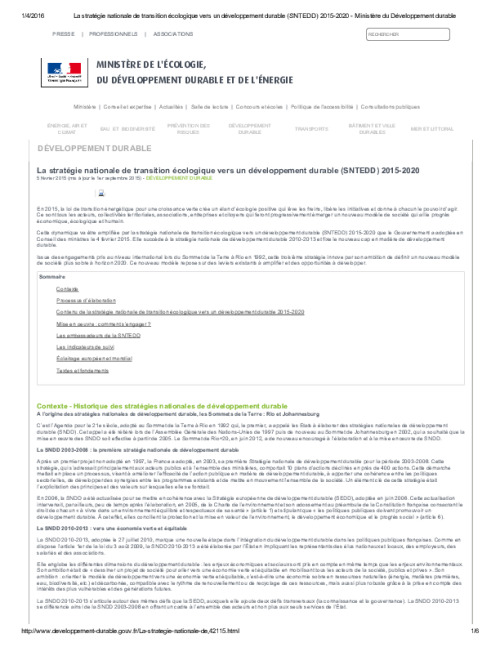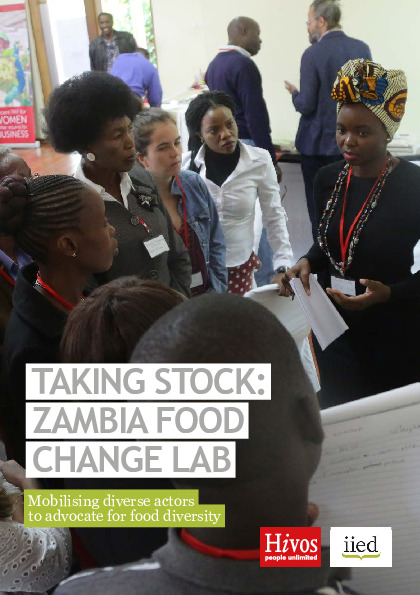Food Value Chain Consultations
Food-related Policies and policy Instruments
Food Value Chain Consultations Workshop 5: Food-related Policies and policy Instruments
This workshop was the last of the five consultative workshops and comprised of representatives from private companies, civil society, governments, scientific and technical organisations, and the United Nations and other intergovernmental organisations. The key messages, the presentation from the workshop as well as the full list of participants is available in the workshop report.
Initiatives
A number of best practices and initiatives were shared during the workshop regarding the role of Food-related policies and policy instruments in working towards a more sustainable value chain.
Farm to Fork Strategy - European Commission
The Farm to Fork strategy is part of the European Green Deal, (the EU’s plan for growth based on sustainability). This strategy aims at introducing the full scope of the SDGs into the food system, covering environmental, social and economic issues. It also includes food security issues and aims to ensure across the board sustainability of the food system in the long term.
What’s unique about the Farm to Fork strategy is that it aims to take a systemic approach, acknowledging interdependencies and interlinkages between parts of the food chain, across policy sectors and levels of government, the need to work with all stakeholders...

Food Waste National Policies - French Ministry for Ecological Transition
Currently, 10 million tonnes of food waste in France per year. The French Ministry for Ecological Transition has an extensive legislative framework to reduce food waste that involves a wide range of stakeholders and implements initiatives at different levels of government.
The ministry's goal is to halve food waste by 2021 for the retail and collective catering sectors, and by 2030 for other sectors. In order to reach this goal, they have implemented waste management policies and a food use hierarchy. This mainly consists of prioritising preventing food losses and waste, reusing safe and nutritious food suitable for human consumption and recovering food resources for animal feed and energy.

Climate Actions and Policies - Ministry of Agriculture and Livestock, Costa Rica
In the last ten years, the Ministry of Agriculture and Livestock of Costa Rica has implemented several policies for climate adaptation and mitigation in the coffee, livestock, rice and banana sectors. Most of these involve the private and public sectors working together, supported by the country's ministries of agriculture and environment.
This legislation aims to foster innovation to reduce negative externalities and improve efficiency and competitiveness. It also aims to promote ecosystem services incentives, climate change strategy, low emissions production...
International Panel of Experts on Sustainable Food Systems
Most food policies are still very sectoral. There is a need to break silos, implementing integrated policies that deliver simultaneously on economic, environmental, health, climate mitigation adaptation, social and cultural objectives.
This transformational change requires taking a food systems approach. IPES 13 principles aim to guide this transformation. They encompass changes in production systems, knowledge generation and transmission, social and economic relations, institutional frameworks, co-creation of knowledge, traditional knowledge…
The Case of Zambia - Hivos
The country is struggling to tackle malnutrition, and they have a high rate of macronutrients deficiency among the population (53%). Hivos coordinates the Food Change Lab, a multi-stakeholder forum trying to achieve transformational change in their food system, promote diversification at the community level and preserve the environment, in collaboration with the community.
They have come up with strategies such as more sustainable farming practices. The food lab has also been involved in capacity building around environmental issues and climate change to avoid further environmental damage. Another of their goals is ensuring a sufficient supply of organic foods. They have developed an application that looks at the production and sale of these organic foods in order to ensure these reach the market.
